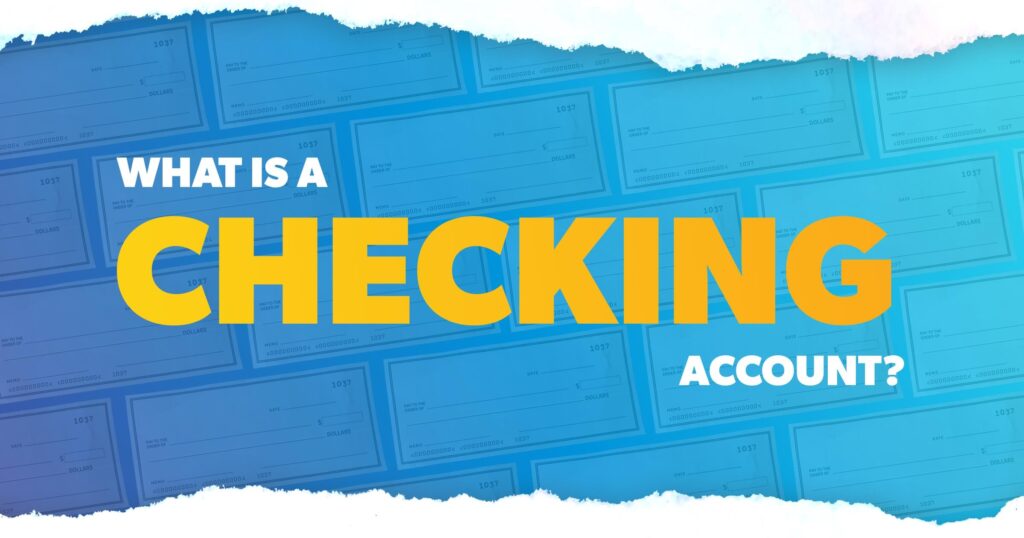Money Market Accounts vs CDs
Money market accounts (MMAs) andcertificates of deposit (CDs) may seem interchangeable. They’re both bank products that offer interest and peace of mind, as they’re FDIC-insured. However, choosing between them ultimately depends on the specific objective you have for the cash and your need for liquidity. Understanding the differences between the two and comparing the best CD rates with the best money market account rates are two keys to determining which is the most appropriate vehicle for your needs.
Generally, there are several reasons to keep a portion of your assets in cash or these types of cash equivalents. A well-conceived financial plan dictates that you maintain an emergency fund worth three to six months of your living expenses. You can use MMAs and CDs to diversify your investment portfolio or fund a short-term goal.
Key Takeaways
- A money market account is a better vehicle to use when you may need your cash on short notice.
- A certificate of deposit may offer a higher yield than an MMA, but there are usually penalties if you take out your money early.
- CD laddering provides periodic access to your money and helps protect your yield, especially in an environment of rising interest rates.
How Money Market Accounts Work
An MMA is a type of mutual fund that invests in short-term, interest-bearing instruments to generate a variable yield while preserving principal. MMAs may deliver interest rates that are higher than savings accounts, but they often require a higher minimum deposit. Some accounts also require a minimum balance to receive the highest rate.
The interest rates on MMAs are variable, which means they rise and fall with the overall interest rate market. Most MMAs come with limited check-writing and balance-transfer privileges. Federal regulations used to limit the number of “convenient” withdrawals from MMAs to six per month, but that policy was suspended amid the COVID-19 pandemic.1 Nevertheless, financial institutions may impose their own withdrawal limits.
Tip
Compare the rates and terms of the best money market accounts to those of the best high-yield savings accounts to find the right place to grow your money. Although MMAs may offer easier access to your funds, you may find a savings account with a great rate and agreeable terms.
There are important differences between money market accounts offered by banks and money market funds offered by brokers or mutual funds. Money market funds are similar to MMAs, except they aren’t insured by the Federal Deposit Insurance Corp. (FDIC). Money market funds are typically offered as an option in 401(k) plans. Since 2016, these funds have had to be invested in U.S. Treasury or government bonds rather than corporate or municipal bonds. The change came courtesy of the U.S. Securities and Exchange Commission (SEC) to enhance liquidity and quality requirements.
U.S. Securities and Exchange Commission. “Money Market Funds.”
How Certificates of Deposit Work
CDs are best described as timed deposits that provide a fixed interest rate tied to a maturity date. A lengthier deposit period may result in a higher rate of interest, although this depends on the bank. CDs are issued with maturities that range in length from one month up to 10 years. The best CD rates may rival or beat other deposit accounts.
With traditional CDs, banks charge a penalty for withdrawing money prior to the maturity date. Some banks now offer no-penalty CDs that allow you to withdraw your money without that penalty, but you are likely to receive a much lower interest rate for that privilege. Other types of CDs allow you to withdraw only interest without penalty.
$250,000
The amount up to which the FDIC insures MMAs and CDs per account per person, per insured bank, for each ownership category.
When an MMA Is Better Than a CD
Generally, an MMA is better when you have or may have an immediate need for cash. If your car engine blows up, you wouldn’t want to pay a penalty for prematurely withdrawing money from a one-year CD. If you have a near-term purchase planned, such as a new car or major appliance, an MMA provides greater flexibility from a liquidity standpoint.
MMAs may also be a better choice in an environment of rising interest rates. Banks periodically adjust the yield on MMAs, offering the opportunity to earn more on your money as interest rates rise. Traditional CDs, by comparison, have fixed interest rates. However, you can achieve the same effect by investing in short-term CDs and rolling them into higher-yielding CDs as they mature.
When a CD Is Better Than an MMA
CDs may offer higher yields than MMAs, although this depends on the issuing bank. A longer maturity date might come with a higher interest rate. If you won’t need the money, you could look for the best rate with the longest term, and lock that in. CDs are often used to fund goals within a 10-year time frame, when you may not want to risk the price fluctuation of market-based options, such as a stock mutual fund.
Although investing in longer-term CDs can secure a high fixed interest rate, it would be a disadvantage during a period of rising interest rates. If you think that interest rates will rise for a period of time, you would be better off investing in shorter-term CDs (3 or 6-month CDs). Some banks offer variable-rate CDs with annual percentage yields (APYs) that increase as interest rates rise, but their initial yields tend to be lower than those of traditional CDs.
You could also employ a CD ladder strategy to balance your need for liquidity with obtaining higher yields. You could, for example, invest equal amounts in one-, two-, and five-year CDs. When the each CD matures, you can decide to either withdraw the money or roll it into a new CD. This lets your money grow at fixed interest rates while maintaining a degree of liquidity and giving you periodic access to your funds.
FAQs
1. Are money market accounts and CDs safe?
Yes. Both money market accounts (MMAs) and certificates of deposit (CDs) are insured by the Federal Deposit Insurance Corporation (FDIC) up to $250,000 per depositor, per insured bank, for each ownership category. This makes them low-risk savings options.
2. Which pays more interest, a money market account or a CD?
Typically, CDs offer higher fixed interest rates than MMAs, especially with longer terms. However, MMA rates are variable and may increase in a rising interest rate environment, potentially giving better returns in the short term.
3. Can I withdraw money anytime from a CD?
No. With a traditional CD, you must keep your money deposited until the maturity date, or you’ll pay a penalty for early withdrawal. Some banks offer no-penalty CDs, but these usually come with lower interest rates.
4. Can I access funds easily in a money market account?
Yes. MMAs are more liquid than CDs. They often allow limited check-writing or debit card access, making them better suited for emergency funds or short-term goals. However, some banks may impose withdrawal limits.
5. What’s the difference between a money market account and a money market fund?
A money market account is a deposit account offered by banks and insured by the FDIC. A money market fund, on the other hand, is an investment product offered by mutual fund companies and is not FDIC-insured.
6. Which is better for an emergency fund—MMA or CD?
A money market account is better for emergency savings because it allows quick access to cash without penalties. CDs are less flexible since they lock in your funds until maturity.
7. What is CD laddering, and why should I use it?
CD laddering is a strategy where you spread your money across multiple CDs with different maturity dates (e.g., 1-year, 2-year, 5-year). This provides periodic access to cash and helps you capture higher yields if interest rates rise.
8. What are the risks of MMAs and CDs?
The main risk of both is opportunity cost. With CDs, you risk locking your money in at a lower rate if interest rates rise. With MMAs, your variable rate could decrease over time, reducing your returns.
9. Can I lose money in a CD or MMA?
No, not if your deposits are within FDIC insurance limits. Unlike stocks or bonds, your principal is protected as long as you stay within insured amounts.
10. How do I decide between an MMA and a CD?
Choose an MMA if you need liquidity and flexibility, especially for emergency funds or short-term goals. Opt for a CD if you want to lock in a higher rate, don’t need the funds soon, and prefer guaranteed returns.
Conclusion: Money Market Accounts vs CDs
Whether a CD or an MMA is better for a given investor depends on their time horizon and risk tolerance. CDs may pay higher interest than MMAs, especially for longer maturities. Both types of accounts are safe, as they carry FDIC insurance up to $250,000, but MMAs are more liquid and don’t involve early withdrawal penalties.










